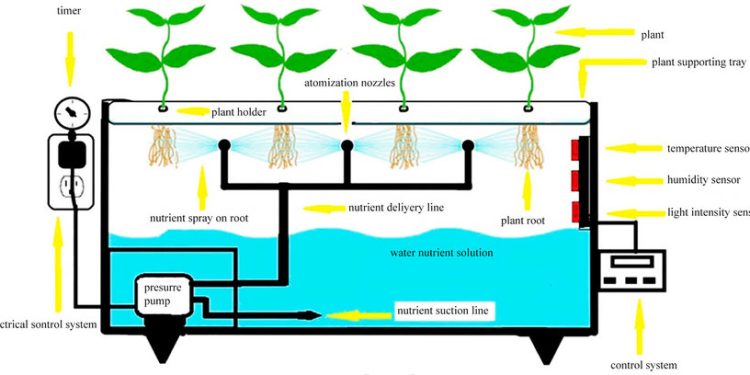Explore the pivotal role of zinc supplementation in hydroponic farming and its profound impact on plant growth, nutrient uptake, and overall vitality. This article presents the latest data and insights on incorporating zinc into hydroponic systems, catering to the interests of farmers, agronomists, agricultural engineers, farm owners, and agricultural scientists.
Introduction:
Hydroponic farming has revolutionized the agricultural landscape, offering controlled and efficient plant cultivation. To optimize hydroponic systems, understanding the importance of essential micronutrients is crucial. In this article, we delve into the application of zinc in hydroponic plant growing, exploring its influence on plant growth, nutrient absorption, and overall plant vigor. By harnessing the power of zinc, farmers can unlock the key to thriving hydroponic crops.
The Power of Zinc:
Zinc, an essential micronutrient for plant development, plays a vital role in numerous physiological processes. It is involved in enzyme activities, hormone regulation, and the synthesis of proteins and chlorophyll. Adequate zinc availability is necessary for optimal growth, development, and overall plant health.
Data on Zinc’s Impact in Hydroponic Systems:
A study conducted by the Department of Plant and Soil Sciences at the University of Kentucky examined the effects of zinc supplementation on hydroponically grown lettuce. The research revealed that plants provided with optimal levels of zinc exhibited significant improvements in growth parameters. These included increased leaf area, enhanced root development, and improved biomass production compared to zinc-deficient plants.
Furthermore, zinc played a crucial role in nutrient uptake efficiency. The study demonstrated that zinc-enriched hydroponic systems facilitated better absorption of essential nutrients, such as nitrogen, phosphorus, and potassium, leading to improved plant nutrition and overall crop productivity.
Consequences of Zinc Integration in Hydroponic Farming:
The integration of zinc into hydroponic farming practices carries notable consequences. Firstly, the optimal supply of zinc enhances plant growth, ensuring the development of healthy and vigorous plants. This directly translates into increased yield and profitability for farmers engaged in hydroponic cultivation.
Additionally, zinc supplementation in hydroponic systems contributes to improved nutrient utilization. Zinc plays a vital role in enzymatic reactions involved in nutrient metabolism, facilitating the efficient uptake and utilization of essential elements by plants. This leads to improved nutrient efficiency and reduced nutrient wastage.
Conclusion:
Recognizing the significance of zinc in hydroponic farming is key to achieving optimal plant growth, nutrient absorption, and overall plant vitality. By harnessing the power of zinc, farmers, agronomists, agricultural engineers, farm owners, and agricultural scientists can unlock the full potential of their hydroponic crops. The integration of zinc promotes healthy plant development, nutrient uptake, and overall plant vigor, paving the way for successful and sustainable hydroponic farming.
Tags: #zinc #hydroponics #plantgrowth #nutrientuptake #planthealth #sustainableagriculture #agronomy #agriculturalengineering #farmers #farmowners #agriculturalscientists












